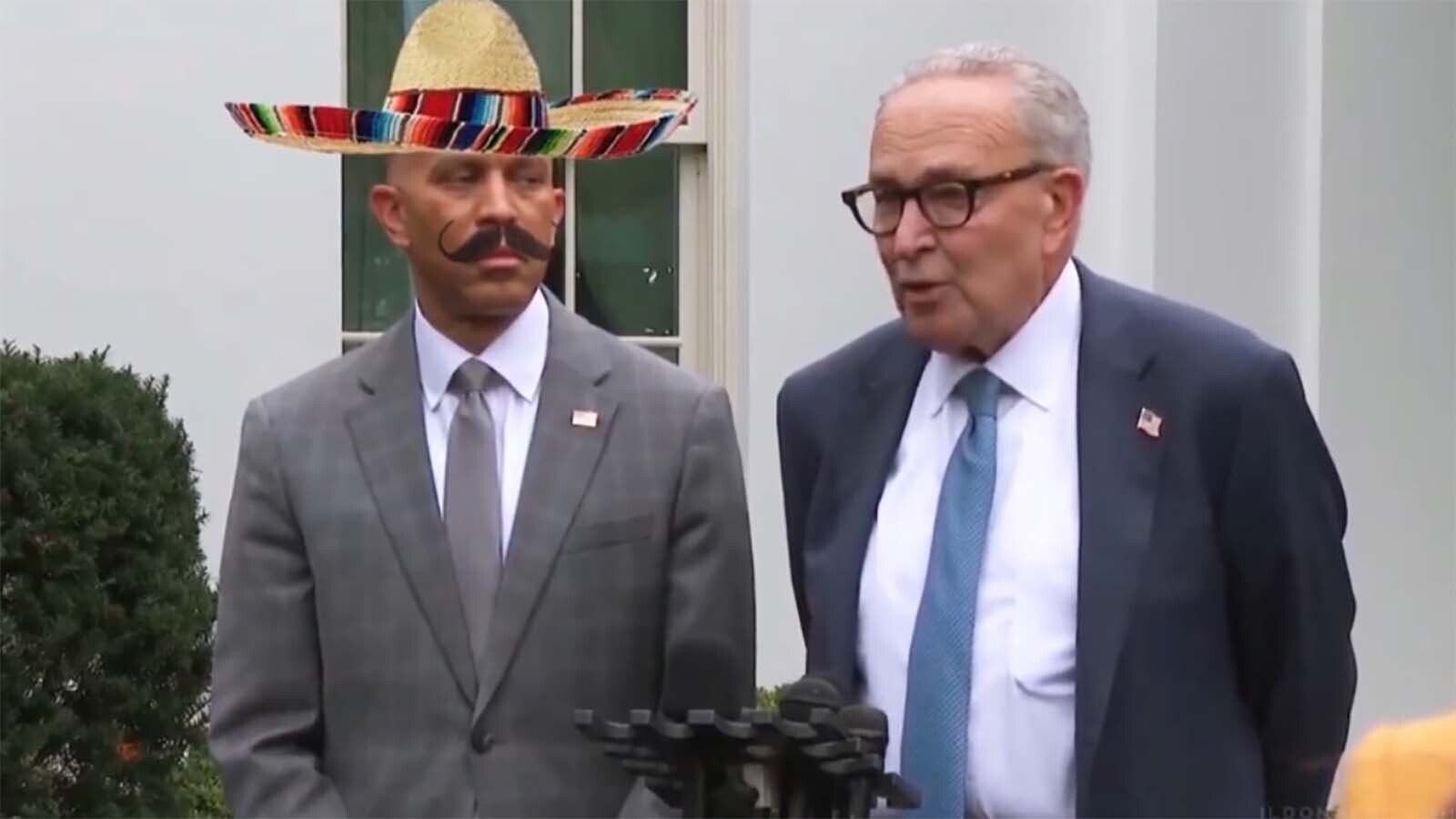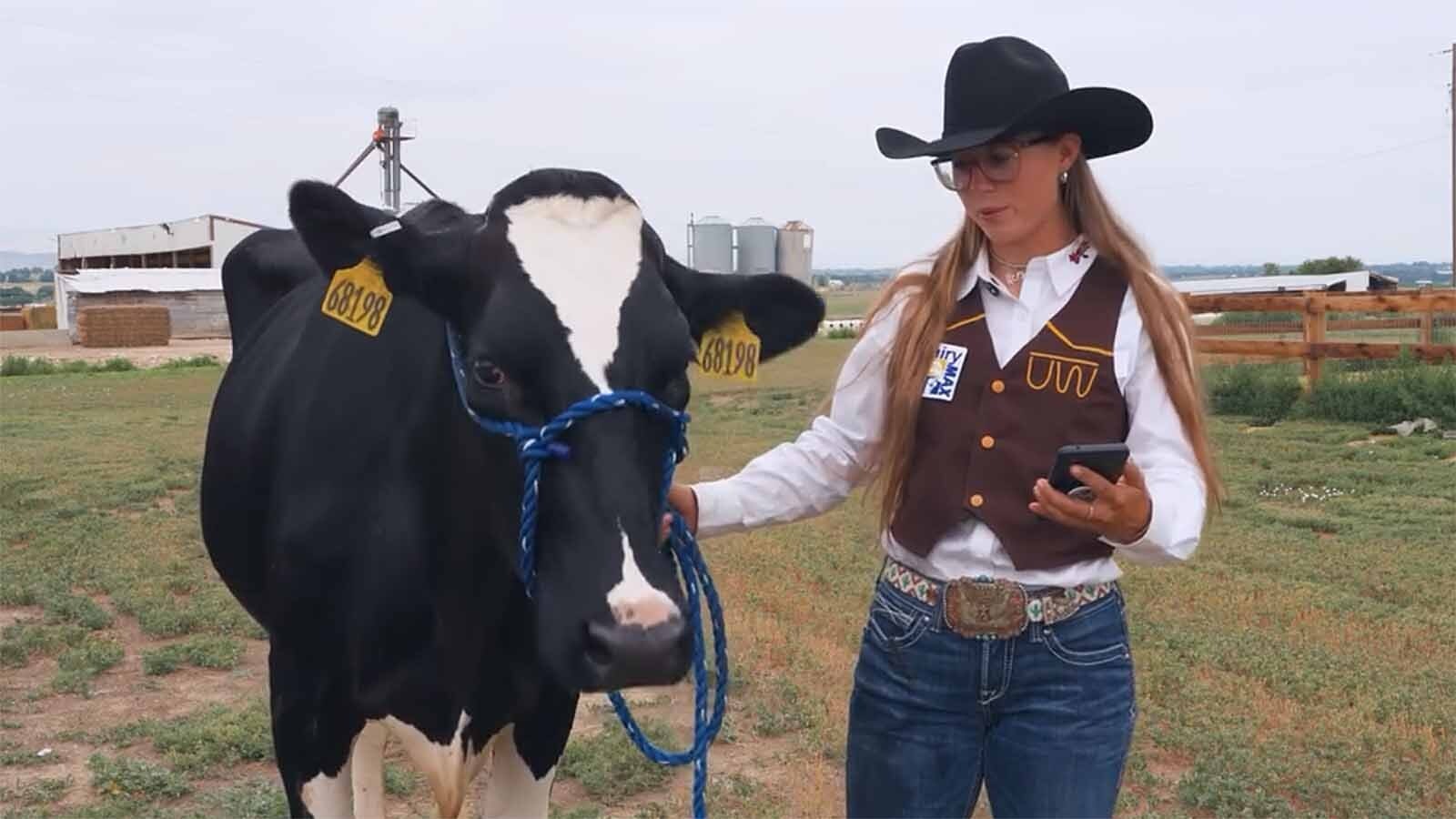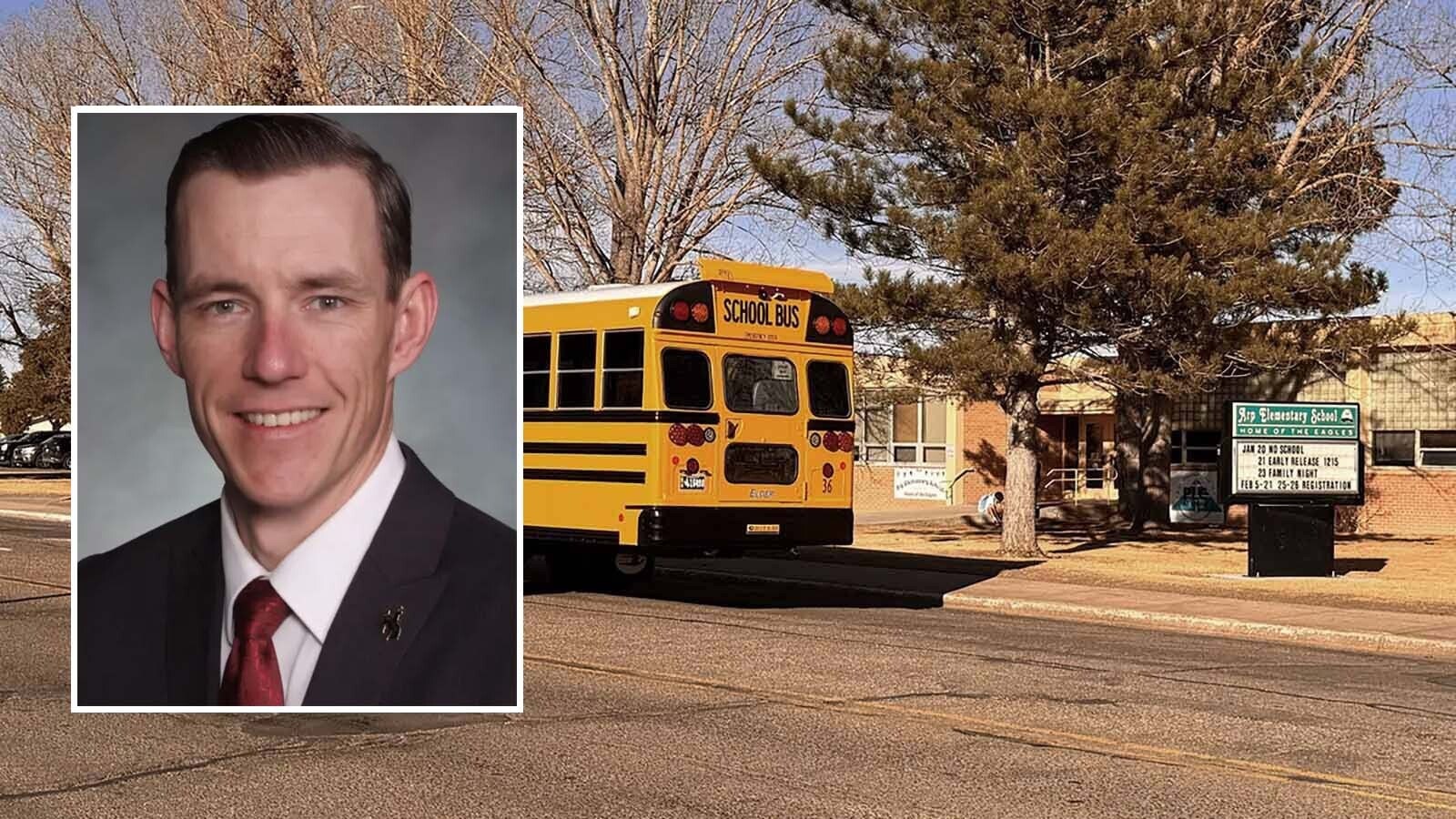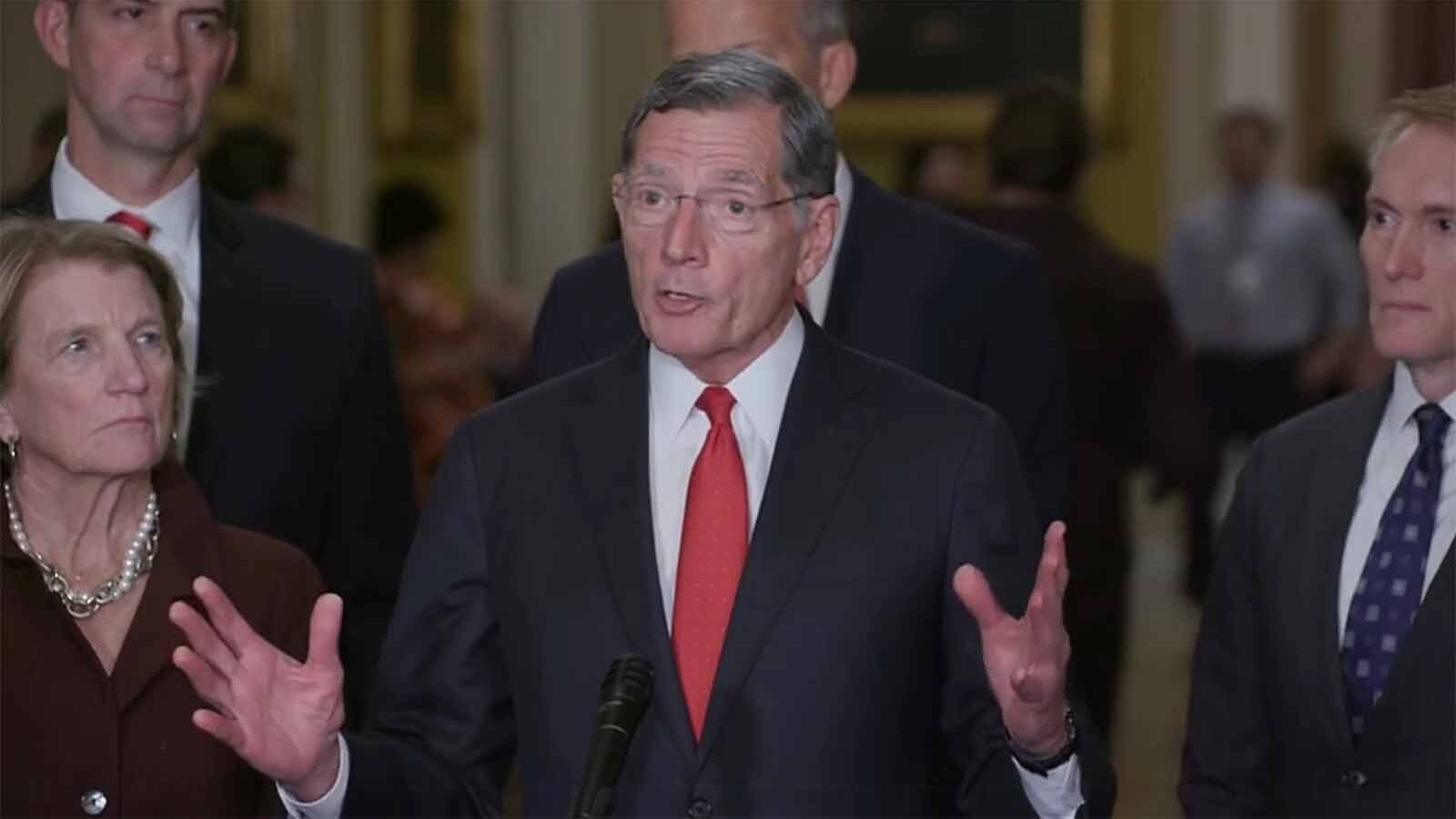Saying there was no point in continuing to debate a raft of tax increases for Wyoming’s online sports betting and other gaming platforms, a visibly exasperated state Sen. Tara Nethercott called out Wyoming House members as being obstructionist, then the committee abruptly adjourned Tuesday.
The Select Committee on Capital Financing and Investments had dedicated its afternoon to considering four gaming and gambling-related bills, but after failing to advance a draft bill to create a monitoring system for gaming, chairwoman Nethercott, R-Cheyenne, said the writing was on the wall.
There’s no way members of the state House, which is controlled by the Freedom Caucus, would ever allow any more regulation or taxation of online gambling and other gaming, she said.
“Should we just quit for the day?” she said sarcastically after three House members voted against the draft bill, scuttling it. “I’d entertain a motion to adjourn. It’s not debatable. All those in favor, say ‘aye.’”
Committee co-chair Rep. John Bear, R-Gillette, answered with an “aye,” which drew a sharp rebuke from Nethercott.
“I’d like it documented that Representative Bear has moved to adjourn the meeting for the day,” she said. “That failing for a second, we’ll continue with our afternoon. I hope we’re not committing any waste, fraud or abuse.
“A lot of LSO (Legislative Services Office) time is here, a lot of legislator time is here, a lot of concerns on gaming, but we’ll see if we can accomplish anything, huh? All right, let’s move on.”
After grilling a representative for online sports betting outlets protesting a proposed doubling of the state’s tax on the industry from 10% to 20%, the committee voted not to advance the proposed bill and Nethercott called for the meeting to end early anyway.
That left two other proposed bills unheard and unlikely to be brought back for discussion. One called for raising the tax on skill-based games from 20% to 25%, and the other would have increased money paid by historic horse racing parlors.
Questions
Before they got around to not hearing about those proposed bills, the committee grilled a representative of online sports betting who lobbied against the 20% tax on that industry.
Sarah Filosa of the Sports Betting Alliance said doubling the tax for online sports wagering in Wyoming would result in less money spent to educate people on the dangers of not gambling responsibly.
That’s a claim the legislators on the committee questioned, saying they find it hard to believe the companies wouldn’t urge people to spend more.
“If we have to take on a 100% tax increase in a state, then we no longer will invest in those educational tools that will educate a consumer in the same way that we would in states that offer much more economical tax rates,” Filosa said.
Bear continued, asking how online companies can tell if someone is gambling irresponsibly.
“How do you know if one of your customers is destroying their families or lives by gambling?” he asked. “Is it possible that you’re also marketing differently to those gamers once you realize they’re more interested in gaming?”
In short, Bear said it’s more believable that when a company sees someone betting more, they’ll instead flag them as someone willing to spend even more rather than having a problem.
Filosa said they all have “responsible gaming departments” and do flag unusual activity, and can even kick people off their platforms.
“If, say, all of a sudden at 4 a.m. they’re betting on pingpong in Japan, that’s obviously an issue (that could be flagged),” she said.
More Questions
She also said the companies her group represents — FanDuel, DraftKings, Bet MGM, Bet 365 and Fanatics — have entire departments dedicated to flagging accounts to make sure people “are playing in a way that is safe and responsible.”
To that, Bear said prove it.
“You’re saying if we raised taxes on you … that would cut into your marketing and promo budget?” he asked rhetorically.
“It’s like the analogy of a drug dealer giving a free couple of samples to get you hooked,” Bear said. “Then once you’re hooked, then you’re in, right? So that’s the business model.”
Sen. Mike Gierau, R-Jackson, also pushed back on Filosa’s testimony that a state’s tax rate can affect the odds of wagers in that state.
“I haven’t seen any evidence of that,” he said, adding that his impression is that the bets people place have the most impact on the odds.
Filosa reiterated that the tax rate “does influence how odds and lines are placed.”
Bear also pushed back on the altruistic nature of the online sports betting companies, asking Filosa if they would still have their consumer protection programs if not required by states.
‘Yay!’
In the end, the back and forth over the hike from a 10% to 20% tax rate for sports betting stopped there, with the committee voting to not advance the draft bill.
That’s when Nethercott ended the meeting, saying it wouldn’t do any good because it was apparent no regulation of sports betting or other gaming platforms would happen.
“I don’t think we should have another meeting to discuss this,” she said. “I think it’s wasteful knowing that it’s so unproductive.
“Maybe Wyoming needs a cooling off period for things to get worse, for the situation to be obviously out of hand and — no offense to the Gaming Commission — but the Legislature’s not a partner with you on this, right? We are stalling out.”
She said she’s frustrated that “the last two or three years” have seen attempts to better regulate gambling and gaming, but without any results.
That’s good news for those industries because it means no tax hikes, she said.
“Yay! Lots of predictability in your bottom line,” Nethercott joked, then grew more serious. “I’m not sure that’s good for the people of Wyoming, I’m not sure that’s a good mark for the Wyoming Legislature, but that’s where we stand.”
Then Nethercott made it clear the draft bills won’t be discussed at future meetings of the committee.
“No, I don’t intend to have another meeting on this topic,” she said.
Greg Johnson can be reached at greg@cowboystatedaily.com.





